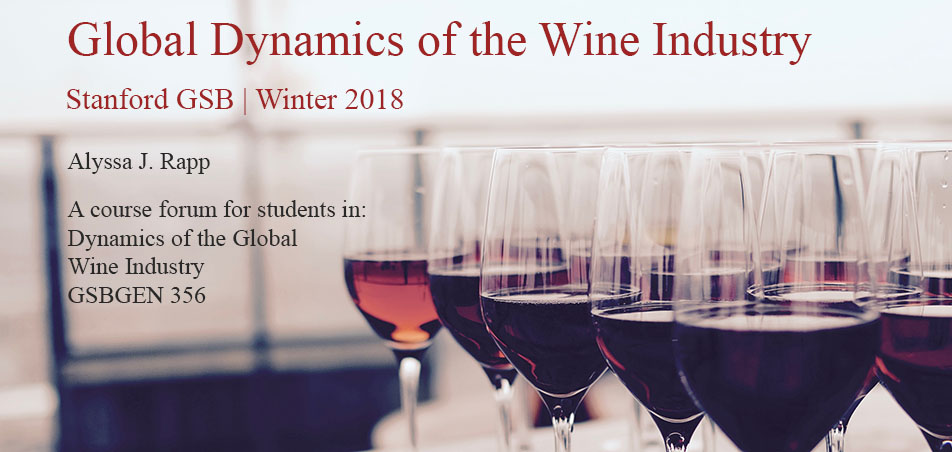I recently read a Bloomberg article
titled, "Why It's So Hard to Sell Wine on the Internet" and I found
it quite fascinating as it hit on some themes we have discussed in class.
https://www.bloomberg.com/news/articles/2018-02-13/the-secret-to-selling-wine-online?mc_cid=eef05f185f&mc_eid=165016ea80
As
the article writes, a major reason it is so hard to sell wine today is, "About 25,000
different wines are for sale right now, says Nielsen, with 14 percent of them
having hit the market in the past year. Not even the most soused sommelier can
keep up, let alone everyday drinkers who, if lucky, find a label they’ve tried
before."
As
we have seen through multiple guest speakers, brand, design, and a good story
are crucial (along with delicious wine) to sell large quantities of wine in
today's world. However the company highlighted in the Bloomberg piece, called
Winc, decided to go all-in on the Silicon Valley approach and use data to
figure out what their consumers wanted. By analyzing what wines they liked, the
commonalities amongst them, etc, they were able to design a wine from
scratch to hit on their demographics needs. Is this the future of wine? What is
the balance between making traditional wines the traditional way and using data
and technology to invent the perfect wine for a particular group at a
particular price point? For cheap wine and self-centered millenials is this going
to lead to the growth of "wineries" such as Ava Winery,
"Wines without Vines", a San Francisco
start-up that is making synthetic wine without grapes – simply by combining
flavor compounds and ethanol?
